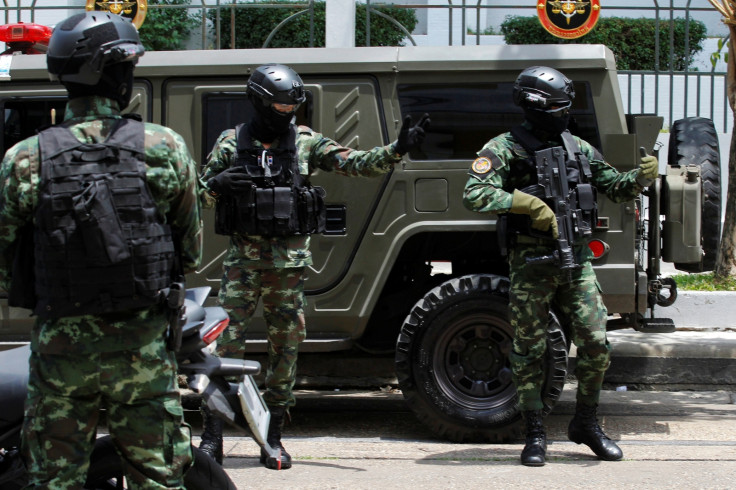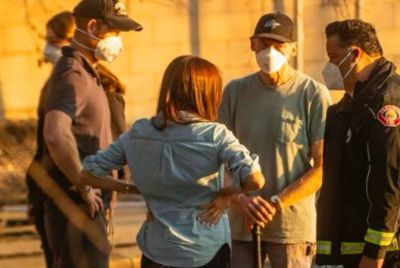Erawan shrine bombing trial delayed due to missing translator
One of the defendants alleged the police tortured him to confess he was the individual in the surveillance video but authorities rejected the claim.
The trial of two Chinese nationals of Uighur descent, who are accused of bombing a Hindu shrine in Thailand was postponed for lack of a translator. The attack that took place in August 2015 had killed 20 people and wounded more than 120.
The blast is believed to be one of the deadliest in the country in decades and the delay in the trial of the accused is the latest roadblock in a case that has shed little light on the attack.
The Erawan shrine, where the explosion took place, is located at the centre of Bangkok. It is dedicated to the Hindu god Brahma and is popular among Chinese and other tourists. The two defendants Mieraili Yusufu and Bilal Mohammed, also known as Adem Karadag, pleaded not guilty and recently at a pre-trial, broke down in tears saying they were mistreated by Thai authorities. Officials say at least 17 people were responsible for the blast but only two men are in custody and the motive of the attack still remains unclear.
Bilal Mohammed's lawyer has said the defendant had been tortured to admit he was the individual in the surveillance video planting the bomb. Thai police allegedly poured cold water into Mohammed's nose and threatened to send him back to China and also had a barking dog frighten him. The authorities, however, reject the charge of torture. "After investigating these claims, the court finds them to be false and the defendants will remain where they are since this is a case of national security," one of the three judges on the panel ruled.
Police say the case against the two Chinese nationals is based on CCTV footage, witnesses, DNA matching, physical evidence and their confessions. According to police, Yusufu detonated the bomb just a few minutes after Mohammed placed a backpack containing the device at the shrine.
Since the military came to power in May 2014, following a coup, Thailand's courts were strengthened to try civilians in national security cases. Since the defendants have been arrested in August and September 2015, they have been held at a military base.
The trial comes a few days after a series of explosions hit Thailand's resort areas, which killed four and injured 35 others.

© Copyright IBTimes 2024. All rights reserved.






















